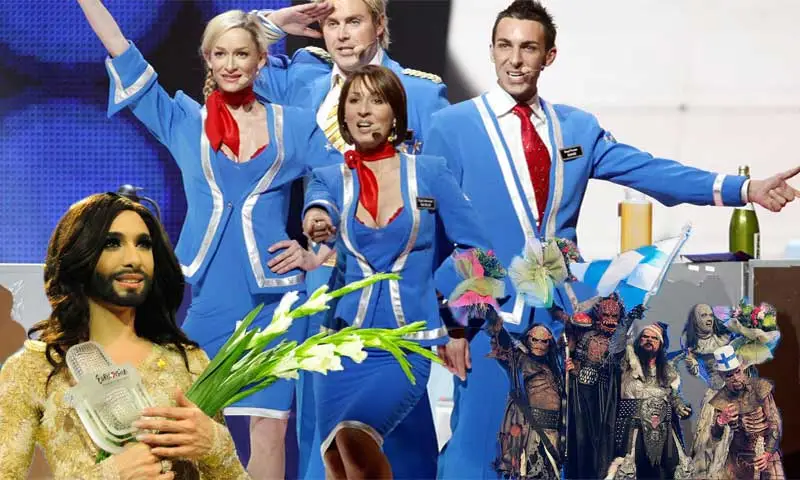
It is fair to say that the Eurovision Song Contest has been a champion of diversity and inclusivity since it was first launched in 1956.
As highlighted by a recent Betway, it has also been the launch pad for several music acts to fire themselves into another stratosphere.
Where Eurovision has really shone is in its ability to evolve, with the contest delivering some truly ground-breaking moments since its inception. Here are four of the best.
Anneke Gronloh – Netherlands – 1964
Born in Indonesia during the Second World War, Gronloh subsequently relocated with her family to the Netherlands in Europe.
She kicked off her singing career in the late 1950s with a victory in a talent competition, before being chosen to represent her new country at Eurovision 1964.
Gronloh was the first Asian performer to take part in the contest and subsequently went on to enjoy success internationally after finishing 10th in the contest.
She was named ‘Singer of the Century’ in the Netherlands in 2000 as a result of the record-breaking sales of her song Burning Sand.
Milly Scott – Netherlands – 1966
In an era where racism was rampant in many parts of the world, Milly Scott’s appearance at Eurovision 1966 was viewed as a landmark moment.
A Dutch singer and actress of Surinamese origin, Scott was the first black singer to take part in the annual music contest.
Having experienced discrimination during her childhood, Scott undoubtedly understood the importance of taking part in Eurovision.
She finished 15th out of 18 entries and later claimed that her disappointing result was partly due to racism on the part of the voting jurors.
ABBA – Sweden – 1974
When you consider what ABBA went on to achieve in the music industry, it seems unthinkable that they missed out on qualifying for Eurovision 1973.
They finished third in the Swedish selection competition with Ring Ring but rectified matters the following year in the United Kingdom.
The brilliant Waterloo helped ABBA claim the top spot and laid the foundations for the group to become global superstars.
The song also broke convention, as ABBA became the first Eurovision entry to win with a song not sung in their native language.
Dana International – Israel – 1998
Dana International stuck two fingers up at bigots and homophobes by becoming the first transgender woman to compete in the contest in 1998.
Her appearance sparked outrage amongst Orthodox Jews, but that mattered little to Dana as she secured Israel’s third Eurovision victory.
Dana’s performance of Diva is one of the most iconic moments in Eurovision history and created a pathway for others to follow in her footsteps.
The most noteworthy was drag queen Conchita Wurst, who won Eurovision for Austria in 2014 with the song Rise Like a Phoenix.
